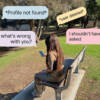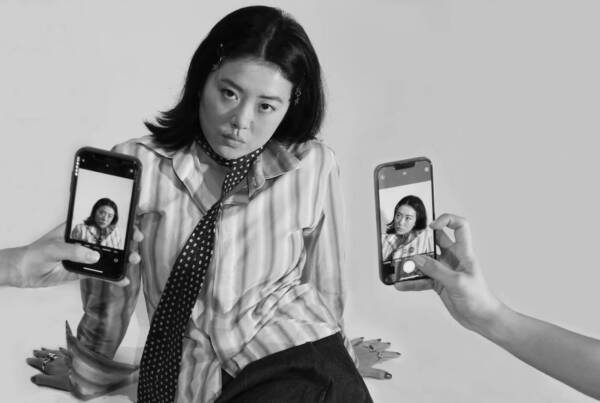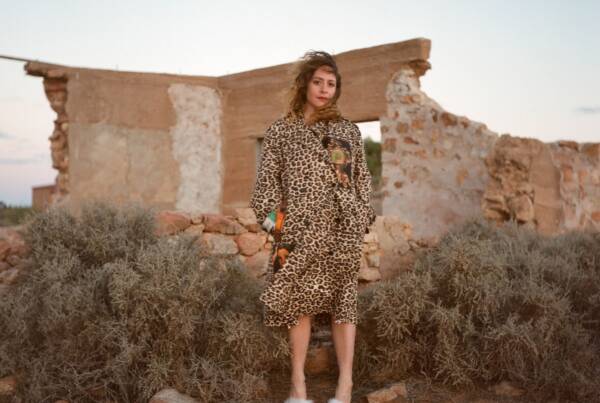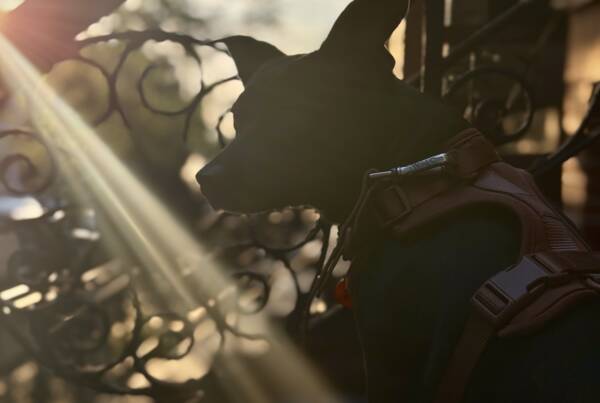Writing by Mayari
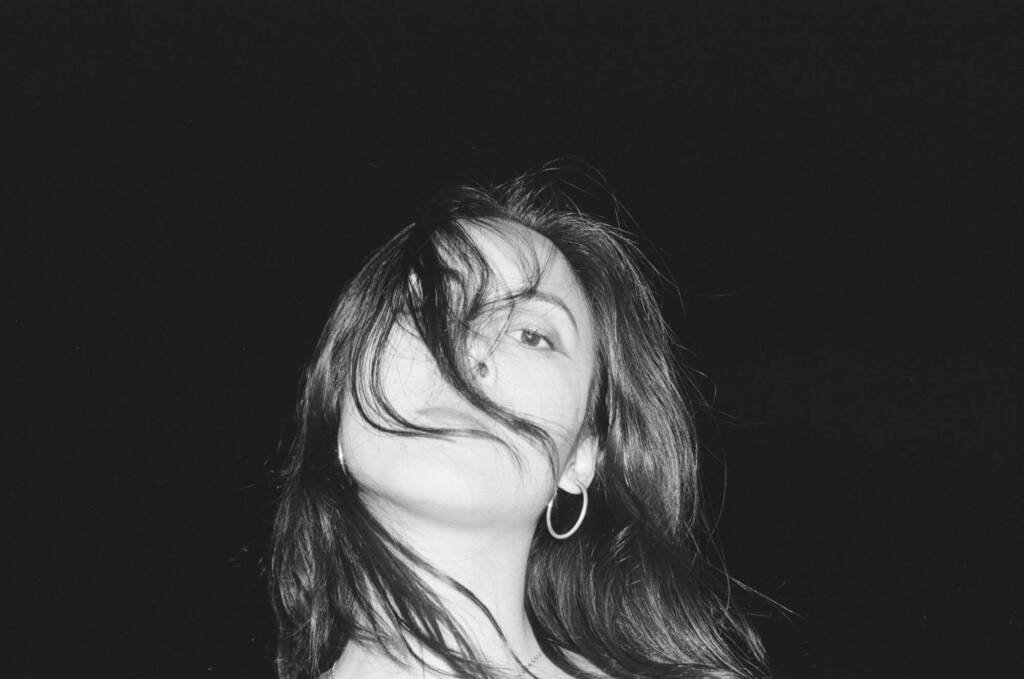 Every culture has its story. Today I speak on mine, as an Australian born Filipina. About 2-3 years ago, during the Covid-19 pandemic was when I really began my journey into connecting with my culture as a means to heal my mental health.
Every culture has its story. Today I speak on mine, as an Australian born Filipina. About 2-3 years ago, during the Covid-19 pandemic was when I really began my journey into connecting with my culture as a means to heal my mental health.
Without going into too much detail, I was having a bad body image dysmorphic time. Although I experienced this less and less in my 20s by comparison to my teens – years of having eurocentric beauty standards fed to you from birth while being surrounded by white/european descent friends , I would still have these “flare ups” of feeling isolated, abnormal, ‘unwomanly’, and insecure every now and then.
Mainstream beauty standards have absolutely changed in the last 10 years, however on bad mental health days – I was having old narratives play out in my mind, particularly around my breast size. I remember delving into research as a way to cope, and discovering that smaller breasts were the average norm in Southeast Asia and Central Africa. It really got me thinking about beauty standards in relation to culture, and made me seriously consider that my bodily insecurities were much deeper and culturally layered than just having a “typical female bad body image day”.
One thing led to another and it was then I had found Leny Strobel – she’s a Professor in Multicultural Studies at Sonoma State University in California, an author and the Project Director of the Center for Babaylan Studies. I watched her interview “Decolonising as a spiritual path”, and she articulated things I had felt as a Filipina my whole life but never had the words for. It was through her I discovered the idea of “Colonial mindset”. This term refers to the perception of cultural inferiority, that comes when the colonised person has unconsciously internalised the projections of the empire onto their concept of self…or simply put it is feeling like “you’re not good enough, unless you’re like the coloniser”.
In the Philippines, after centuries of colonisation by Spain and US, this desire to emulate the coloniser (out of survival), and the resulting feelings of inferiority, shame, feeling uncivilised and inadequate as one’s true self were inevitable. As my own Lola (grandmother) grew up in US regime, this impact on the psyche trickled down to my mother and then to me. Fast track to me- a Filipina kid growing up in a white suburban Melbourne suburb, a result of my parents wanting to chase this western dream. My mum was obsessed with keeping me out of the sun so my skin would be “lighter” , I was never taught Tagalog as my parents wanted me to assimilate to Australian culture, and my parents never spoke about their Filipino culture proudly – always claiming to have some sort of Spanish or Portuguese heritage (which through a DNA test I took, I found to be false).
I slowly started to realise that a lot of my mental health struggles with body image dysmorphia, imposter syndrome, shame, loneliness and inadequacy could all link back to this colonial mentality. When I finally realised this I felt a huge sense of power, I finally could see through the veil.
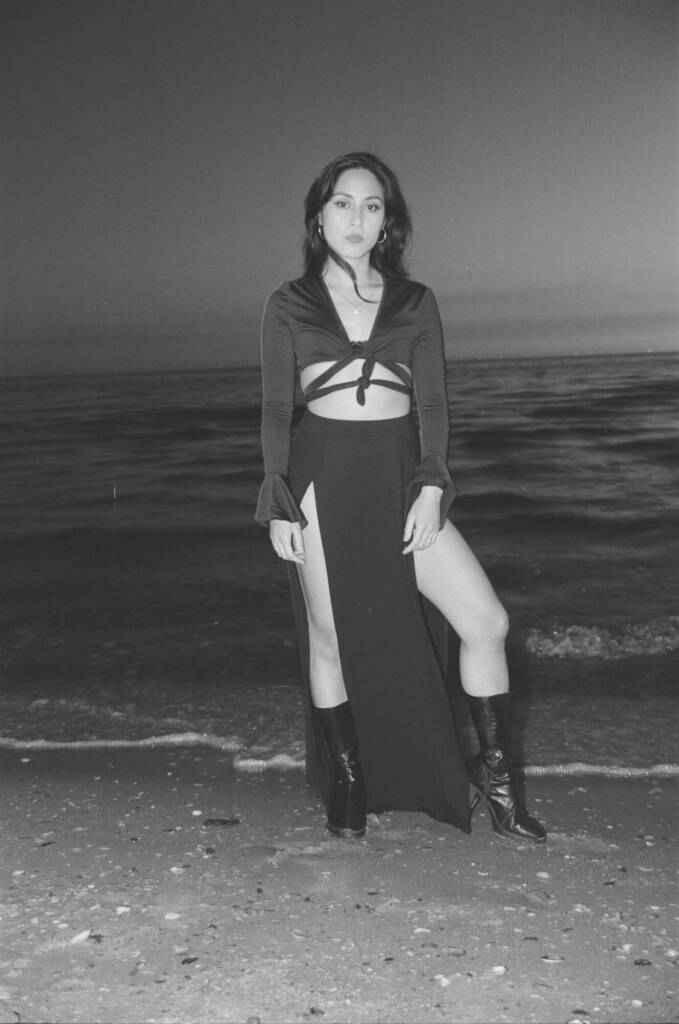 As I unpacked this , I began breaking through this cultural amnesia. Unlike other cultures that experienced colonialism yet still remained strong and proud- Filipinos lost a lot of pride in our true culture, thus its common for Filipinos to know nothing about Filipino culture beyond its western conditioning (however in the last two years there has been a resurgence and huge collective remembering yay!). So, I began learning about pre-colonial Philippines – what was it before colonial Christianity? I began connecting with indigenous filipino spirituality which was animistic and shamanistic. I started learning about Filipino mythology ie. Mayari, and developing a deeper connection to nature. I started cooking and eating traditional Filipino food again. I decided to lean into all things that were seemed shameful by the Western patriarchy such as my sexuality. I realised that my body is like my ancestors’. l decided to celebrate my heritage through Filipino instrumentation, incorporating field recordings of the Philippines and singing in Tagalog in my music. Music was the biggest healing tool to explore my heritage, and many songs from my forthcoming EP I produced in this feeling of “remembering” and “coming home to self”. It was funny that I found this empowerment in my music, as I navigated being a female producer in a very male dominated industry… but that’s another topic for another time.
As I unpacked this , I began breaking through this cultural amnesia. Unlike other cultures that experienced colonialism yet still remained strong and proud- Filipinos lost a lot of pride in our true culture, thus its common for Filipinos to know nothing about Filipino culture beyond its western conditioning (however in the last two years there has been a resurgence and huge collective remembering yay!). So, I began learning about pre-colonial Philippines – what was it before colonial Christianity? I began connecting with indigenous filipino spirituality which was animistic and shamanistic. I started learning about Filipino mythology ie. Mayari, and developing a deeper connection to nature. I started cooking and eating traditional Filipino food again. I decided to lean into all things that were seemed shameful by the Western patriarchy such as my sexuality. I realised that my body is like my ancestors’. l decided to celebrate my heritage through Filipino instrumentation, incorporating field recordings of the Philippines and singing in Tagalog in my music. Music was the biggest healing tool to explore my heritage, and many songs from my forthcoming EP I produced in this feeling of “remembering” and “coming home to self”. It was funny that I found this empowerment in my music, as I navigated being a female producer in a very male dominated industry… but that’s another topic for another time.
I realised as I celebrated my roots, I felt stronger, prouder and more confident as an artist and person. I began to feel a deeper sense of self worth and acceptance. I still have a long way to go on my journey with anxiety (and some trust issues haha #trauma) but I feel like a completely different person now when it comes to my body image and sense of self. It is quite strange looking back on when I was struggling, as I have come such a long way with this awareness. I’ve never felt more beautiful in my body and I feel very connected and proud to be a Filipina.
If you are having any mental health struggles, I implore you to look into how your culture has potentially impacted this (particularly if you are a POC). Eat your favourite dish from your culture, and maybe listen to my music to inspire you.
Sige po
x
Mayari
—
Check out Mayari’s latest single and keep up with her below



